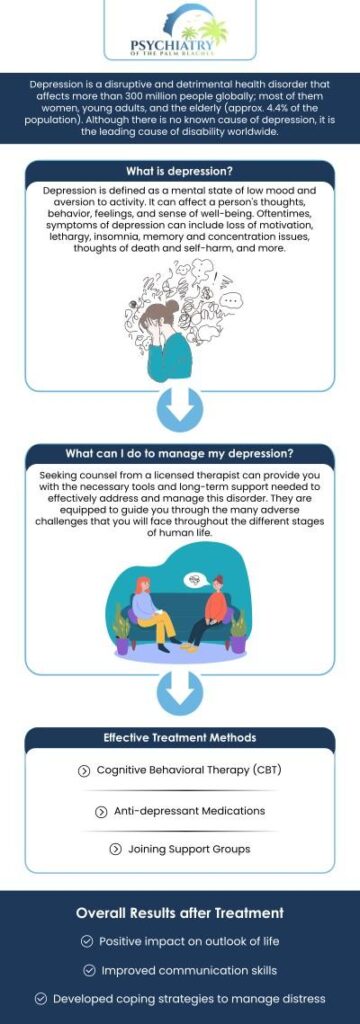Throughout history, societies across the globe have developed diverse methods to address mental distress, reflecting evolving understandings of the human mind and well-being. From ancient healing rituals to modern therapeutic approaches, effective treatments have continuously adapted to cultural, scientific, and medical advancements. As Psychology Today highlights, exploring these historical pathways not only sheds light on how far mental health care has progressed but also offers valuable insights into the broad spectrum of strategies that continue to help individuals manage psychological challenges today.
Exploring Historical Approaches to Mental Health Treatment That Still Resonate Today
Long before the advent of modern psychiatry, societies around the world developed a variety of methods to alleviate mental distress-many of which continue to influence contemporary therapeutic practices. Ancient Greek physicians, for instance, advocated for holistic treatments that combined diet, exercise, and social engagement to promote mental well-being. Similarly, Indigenous healing rituals emphasized the power of community and spirituality, recognizing that mental health is deeply intertwined with cultural identity and connection. These timeless principles reveal that effective mental health care often transcends mere symptom management, encouraging a more comprehensive, person-centered approach.
Several historical treatments resonate strongly today, reflected in current integrative and alternative therapies. Consider the following enduring legacies:
- Talk Therapy Origins: Ancient civilizations such as the Egyptians and Babylonians practiced forms of dialogue-based healing, laying groundwork for modern psychotherapy.
- Environmental Influence: The therapeutic use of nature and clean air in 18th-century sanatoriums echoes today’s emphasis on green spaces for mental restoration.
- Mind-Body Practices: Techniques like meditation and controlled breathing, rooted in Eastern traditions, now form key components of contemporary stress reduction strategies.
| Historical Practice | Modern Parallel | Key Benefit |
|---|---|---|
| Greek Humoral Theory | Balanced Lifestyle Plans | Holistic Wellness |
| Shamanic Rituals | Expressive Therapies | Emotional Release |
| Sanatorium Treatments | Nature Therapy | Stress Reduction |
| Mindfulness Meditation | Mindfulness-Based Cognitive Therapy | Improved Focus |
The Role of Therapy and Community in Addressing Mental Distress Across Eras
Throughout history, the interplay between personal therapy and community support has been pivotal in managing mental distress. In ancient times, individuals turned to trusted healers and spiritual guides, while communities fostered collective rituals that promoted emotional well-being. Fast forward to the 20th century, where psychoanalysis and group therapy emerged as revolutionary approaches, highlighting the significance of shared experiences and empathetic listening. This dual approach underscores how mental health treatment is not solely an individual journey but often a communal endeavor, adapting to cultural norms and societal changes.
The evolution of therapy and community involvement can be loosely summarized as follows:
| Era | Therapy Focus | Community Role |
|---|---|---|
| Ancient | Rituals & spiritual healing | Shared ceremonies & storytelling |
| Medieval | Confinement & religious intervention | Family care & local support |
| Modern | Psychotherapy & medication | Support groups & peer networks |
| Contemporary | Integrated care & digital therapy | Online communities & advocacy |
Understanding this dynamic history challenges the misconception that treatment is strictly clinical. Instead, it reveals a rich tapestry where community involvement has always buttressed the therapeutic process, enhancing resilience and fostering lasting recovery. Such a perspective invites a broader appreciation of mental health approaches, recognizing the undeniable power of connection in healing.
Practical Strategies for Modern Mental Wellbeing Inspired by Past Practices
Modern mental health approaches increasingly draw from age-old wisdom, blending time-tested rituals with contemporary science to foster resilience and emotional balance. Techniques such as mindful breathing and journaling-rooted in ancient traditions-are widely endorsed today for their calming effects and ability to enhance self-awareness. Additionally, community storytelling and collective ritual, practices prevalent in many cultures throughout history, are being reimagined to create supportive social networks that combat isolation and promote shared healing.
Incorporating these heritage-based strategies, mental health professionals often recommend simple daily habits that echo historical practices:
- Nature immersion: Emulating pastoral lifestyles to reduce stress and restore cognitive function.
- Creative expression: Utilizing art, music, and movement as therapeutic outlets, much like tribal and monastic customs.
- Structured reflection: Inspired by meditative and contemplative traditions, offering mental clarity.
| Historical Practice | Modern Application | Benefits |
|---|---|---|
| Herbal remedies | Natural supplements and aromatherapy | Reduced anxiety, improved sleep |
| Group rituals | Support groups & community workshops | Enhanced belonging, emotional support |
| Meditative chants | Guided meditation and sound therapy | Stress relief, increased focus |
The Way Forward
As history reveals, the approaches to managing mental distress have continuously evolved, reflecting society’s growing understanding and compassion. From ancient rituals to modern therapeutic techniques, the diverse methods underscore that effective treatment is not one-size-fits-all. By examining the past, we gain valuable insights that can inform present and future mental health care. Ultimately, acknowledging this rich history encourages a more inclusive and adaptive approach, offering hope to those seeking relief today.



